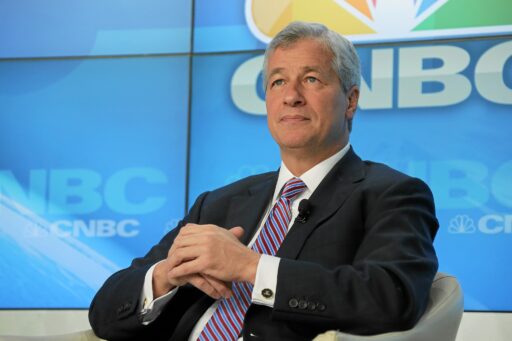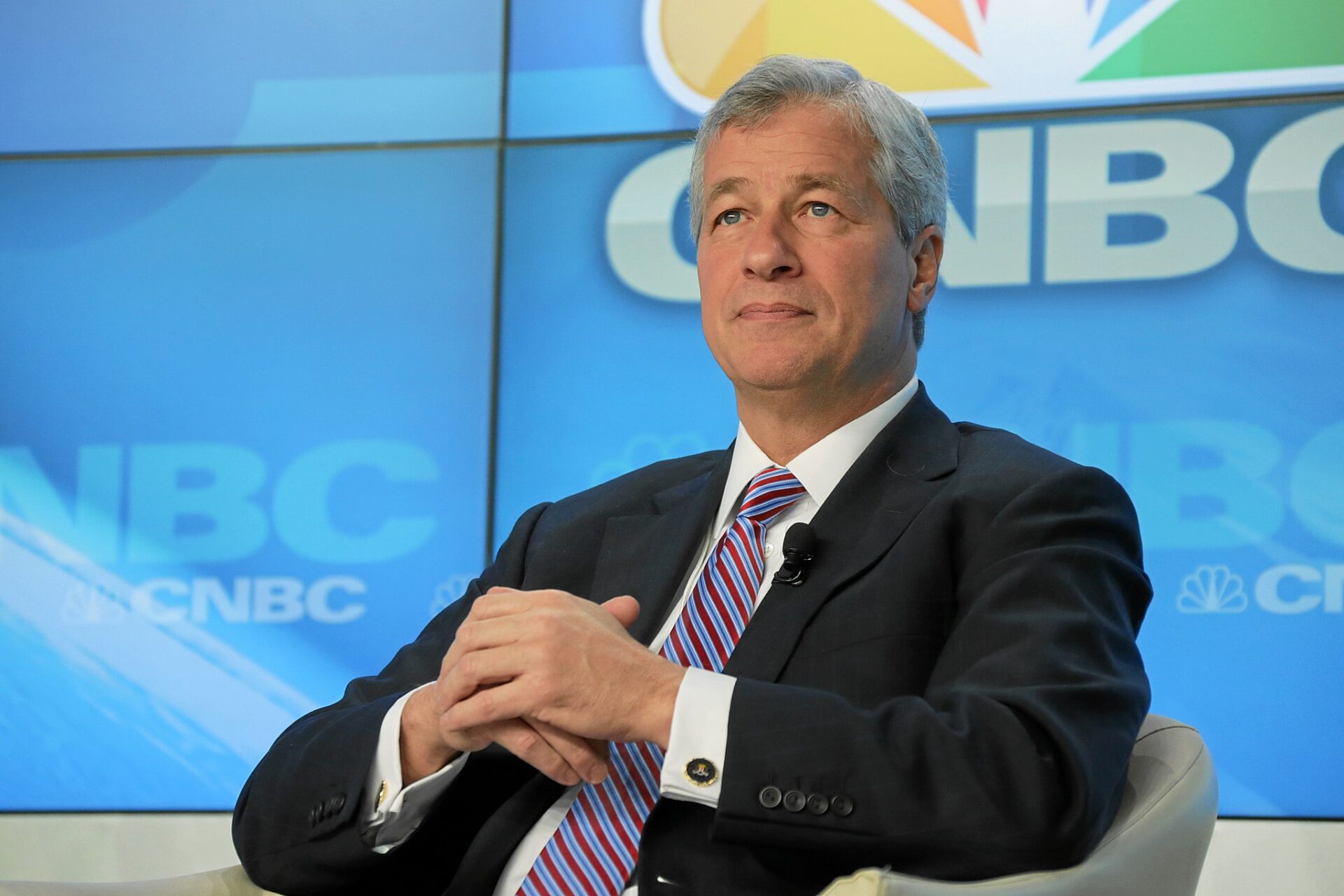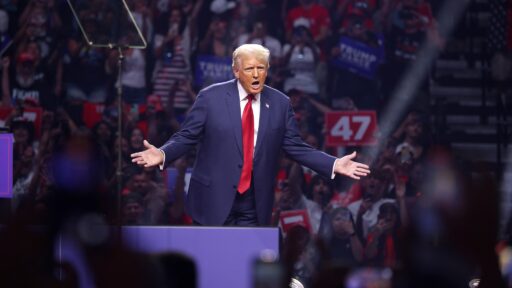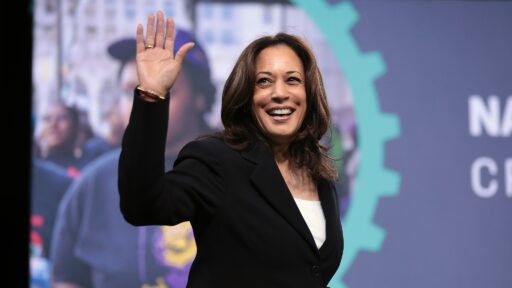This is total nonsense and the mainstream media keeps pushing it.
On Friday, JPMorgan Chase clarified that its CEO, Jamie Dimon, is not endorsing Donald Trump, despite the Republican candidate’s claim to the contrary. The clarification came shortly after Trump shared what appeared to be a screenshot asserting Dimon’s support, stating, “Jamie Dimon, the CEO of JPMorgan Chase, had already endorsed Trump for America’s next President.”
A representative from JPMorgan Chase confirmed to The Hill that Dimon has yet to back any presidential candidate in the current election cycle. This aligns with Dimon’s previous comments made during an interview with CNBC last month, where he explicitly stated he was not endorsing either Trump or Vice President Kamala Harris.
Dimon, who has been at the helm of JPMorgan Chase since 2006, initially backed former South Carolina Governor Nikki Haley in the Republican primaries last year. However, she exited the race due to lackluster results, which led to Trump criticizing Dimon, labeling him a “highly overrated globalist” for his earlier support of Haley.
The relationship between Dimon and Trump has been marked by both collaboration and contention. While the two have often found themselves at odds, Dimon has made efforts to engage with Trump’s supporters. Last January, he admonished Democratic leaders to move past divisive rhetoric related to the MAGA movement, urging them to listen to the concerns of Trump’s base.
Dimon has also expressed a desire for greater unity in American politics. He advocated for the inclusion of business leaders in the government to create a more robust policy framework, emphasizing that the next president should seek bipartisan collaboration in their Cabinet appointments.
While there has been speculation about Dimon’s potential role in government, he remains undecided. At a recent event, he stated, “I want to help my country,” highlighting his hope for a cooperative approach in leadership, regardless of party affiliation. This sentiment underscores the importance of pragmatic governance as America navigates its political landscape.







